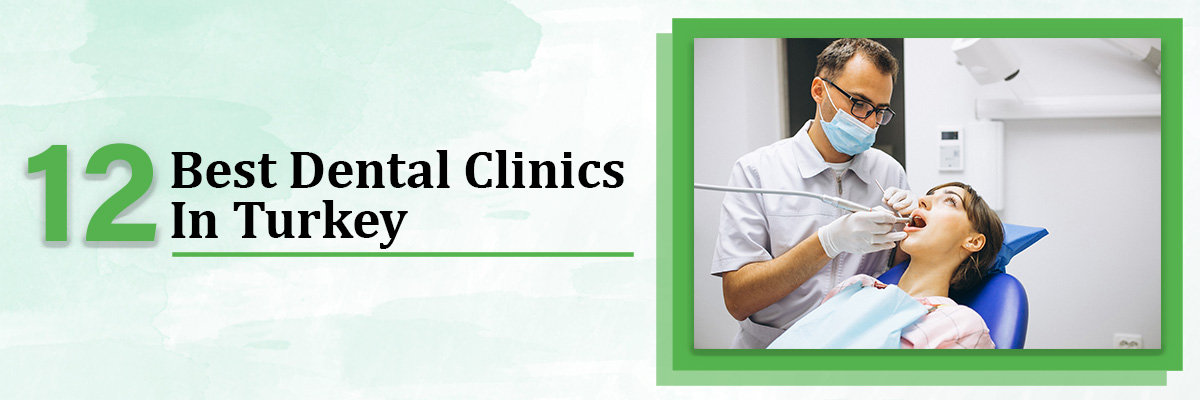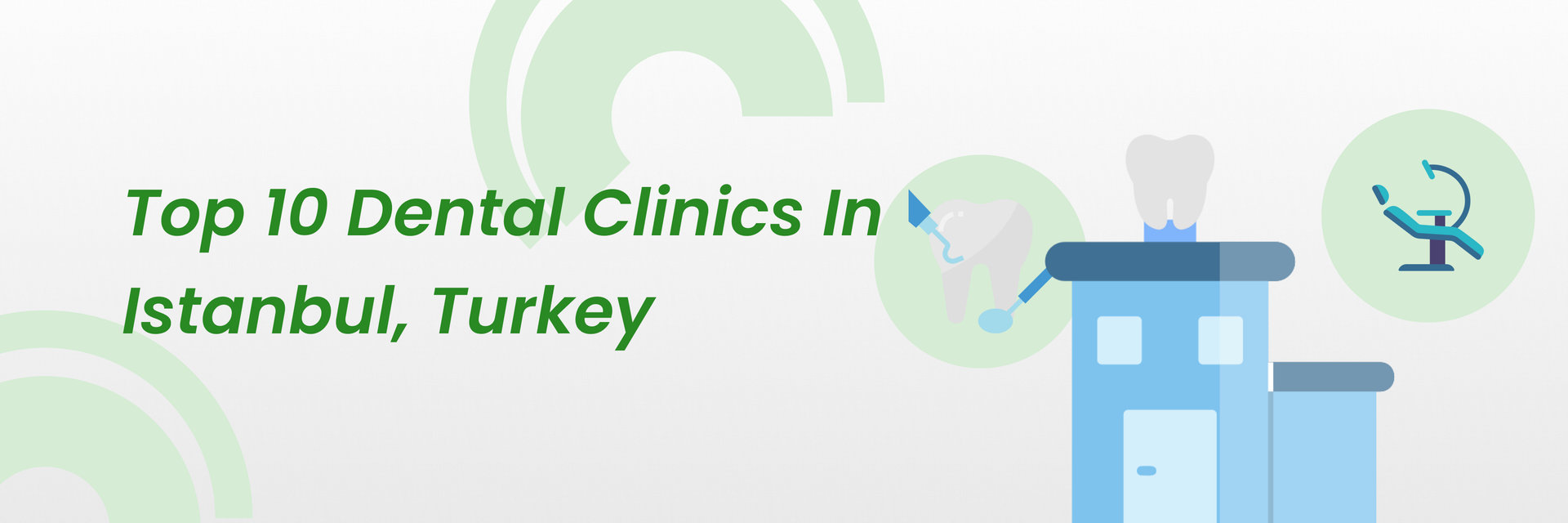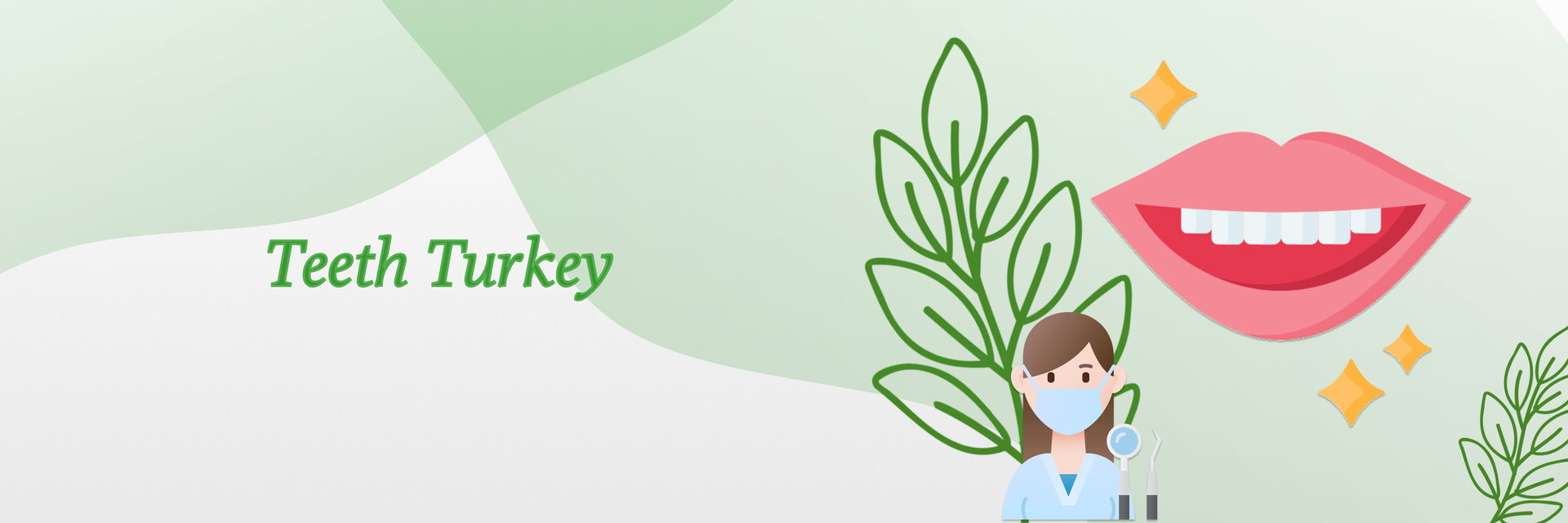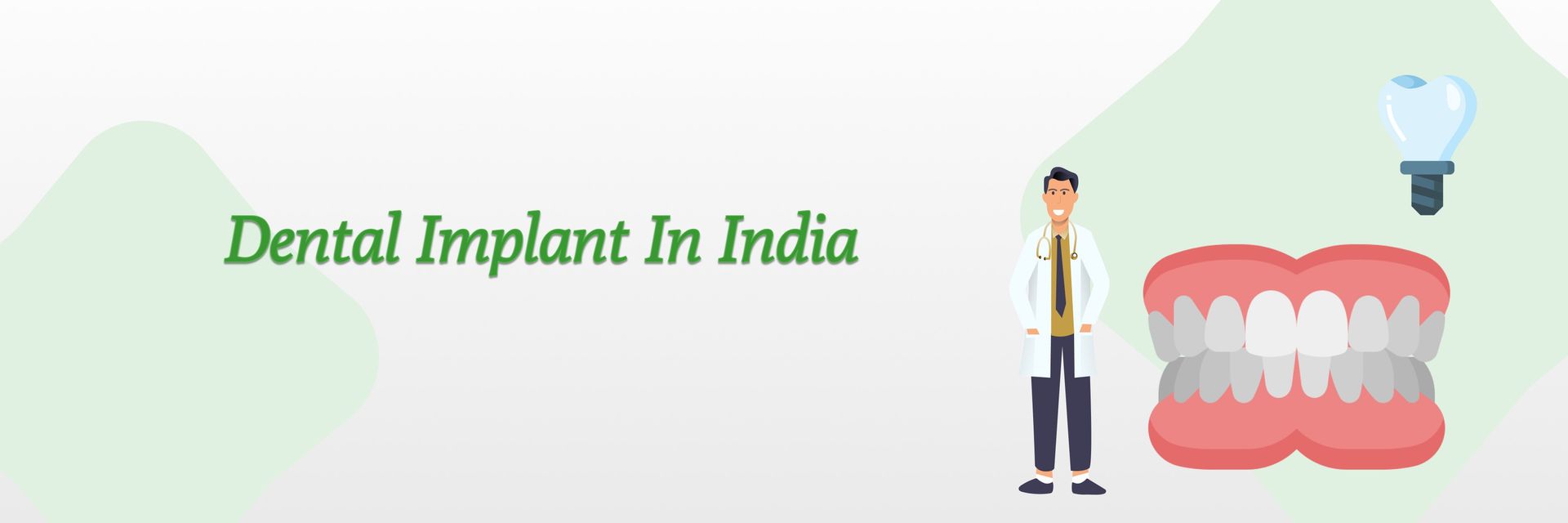Overview
Do you know the connection between oral health and the overall physical growth of your child? As a parent, you pay close attention to your child’s growth. You monitor their nutrition, sleep, schoolwork, and mood. However, you may be overlooking the significant role their dental health plays in their mental and physical development.
The truth is, your child’s oral health is not just about avoiding cavities. It plays a major role in their overall development, from their eating habits and speech to their learning and interactions with others. Strong teeth and healthy gums set the foundation for long-term wellness.
In this blog, you will explore how dental health affects your child’s body, brain, and behavior. You will also learn how to get in touch with the best Invisalign Renton to align their teeth and protect your smile and confidence.
Effects of Oral Health on Physical Growth in Children
Let’s explore how oral health directly impacts the physical growth, cognitive performance, communication skills, and emotional well-being of your children.
Dental Health and Physical Development
Good dental health supports your child’s physical growth in many ways. Healthy teeth enable your child to chew food effectively, which is vital for proper nutrition. If your child has untreated cavities in teens and kids , gum pain, or missing teeth in teens and kids , they may avoid certain foods. As a result, they could miss out on key nutrients needed for growth and immune strength.
Secondly, infections in the mouth can also spread to other parts of the body. Harmful bacteria can invade the bloodstream and cause widespread issues, especially if your child has an existing health condition. Moreover, gum disease, while rare in younger children, can increase the risk of other chronic conditions later in life.
To support healthy development, your child needs clean teeth, a strong bite, and pain-free eating. That starts with preventive care at home and at the dental office.
Oral Health and Brain Development
You might not immediately think of teeth in connection with brain growth, but there is a link. Inadequate chewing due to dental issues may limit the intake of nutrient-rich foods. Without adequate nutrition, your child’s brain might lack the vital vitamins and minerals necessary for proper growth, energy, and neurological development.
Additionally, children experiencing dental pain often find it hard to concentrate in school. Children with poor oral health tend to miss more days and score lower on academic tests.
By maintaining regular checkups and addressing issues early, you provide your child a better chance to focus, learn, and grow.
Speech, Communication, and Confidence
Teeth are not just for chewing. They are essential for speech. If your child has missing, crooked, or misaligned teeth, it may affect how they pronounce certain sounds. This can lead to frustration, lower confidence, and speech delays.
Additionally, children with visible dental issues may feel embarrassed about smiling or speaking in public. This can impact social development, classroom participation, and even self-esteem.
By prioritizing oral hygiene and orthodontic care when needed, you help your child speak clearly and smile freely.
Behavior, Mood, and Sleep Quality
Poor dental health can cause ongoing pain, sleep problems, and behavioral shifts. If your child grinds their teeth, suffers from tooth sensitivity, or deals with infection-related swelling, they may sleep poorly or wake up in pain.
This lack of rest affects mood, patience, and even motor coordination. You may notice increased irritability or fatigue throughout the day, which also sometimes leads to emotional outbursts.
Healthy teeth and gums promote better sleep and emotional stability. That is why early diagnosis and routine care matter so much.
Early Habits Shape Lifelong Health
Your child learns from you. If you make brushing and flossing a priority, they will follow. By scheduling dental visits every six months, children will grow up feeling that oral care is regular and necessary.
These early habits have lifelong effects. Children who establish strong oral hygiene habits are more likely to maintain those behaviors into adulthood. This lowers their risk of gum disease, tooth loss, and expensive procedures later on.
Make dental care part of your child’s daily wellness routine, just like bathing or eating breakfast.
What You Can Do as a Parent
Supporting your child’s dental health does not have to be difficult. Here are a few practical steps you can take:
Final Thoughts
Your child’s teeth are more than just part of their smile. They affect how your child eats, sleeps, speaks, learns, and feels.
By understanding the connection between oral health and overall growth, you can take simple steps to support their development.
With the right guidance and care, your child can enjoy strong teeth, better health, and lifelong confidence.
For expert care that supports your child’s dental health and confidence, visit Renton Dental Studio. From Invisalign and preventive checkups to restorative treatments, their team ensures every smile grows healthy and strong.







